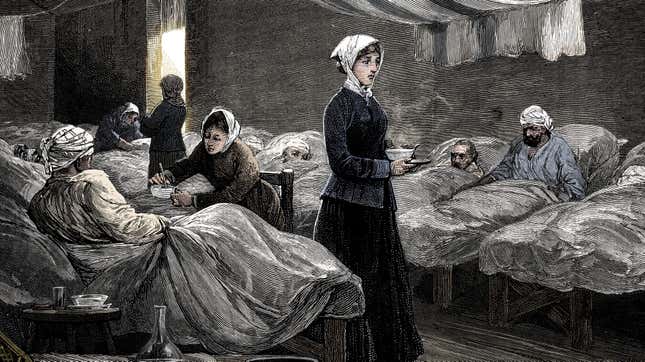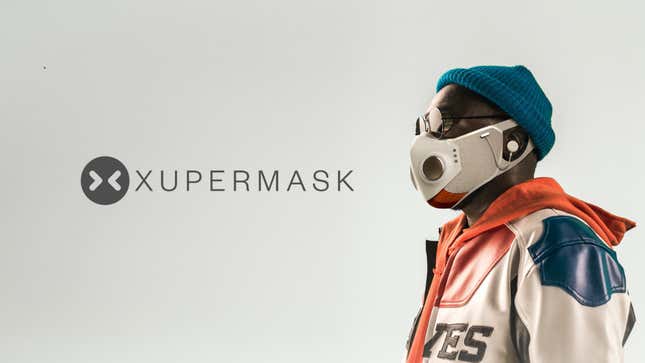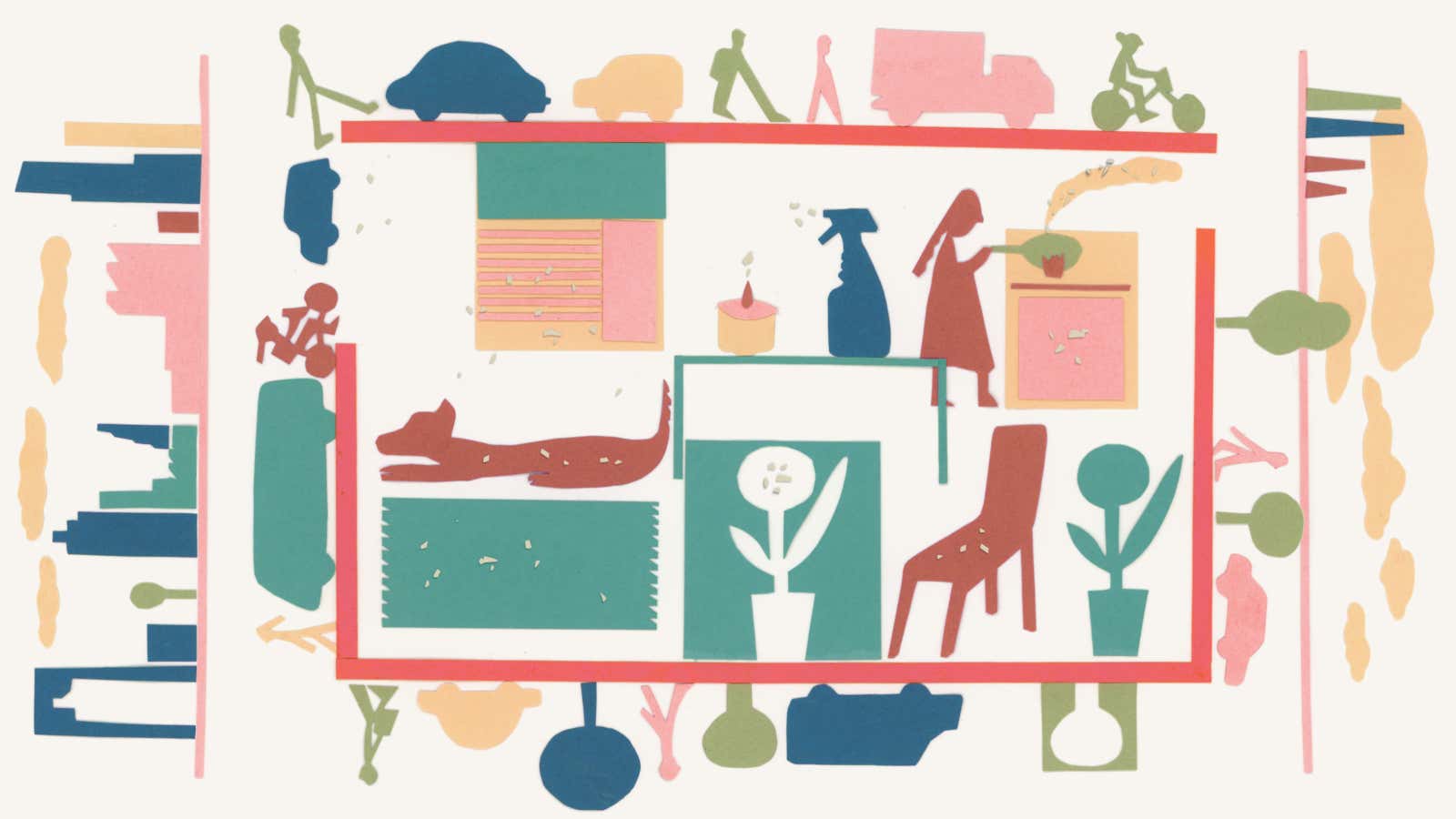Hello Quartz readers,
Take your age and multiply it by 0.9. That’s your indoor age, or the number of years that you’ve spent inside your home or office, according to Joseph G. Allen, director of the healthy buildings program at Harvard’s T. H. Chan School of Public Health. For most people, it’s equal to about 90% of their life.
These days, the amount of time people spend indoors is likely closer to 100%. Covid-19 has forced us inside in an unprecedented shift in the way we live, work, and love. In many parts of the world, the pandemic has meant no more commutes, travel, weddings, or team sports. The activities that used to make up the 10% of our lives we spent outdoors are mostly gone.
That shift has sparked an awakening in how we view our indoor environments. Covid-19 is an airborne disease, and one of the main takeaways of the past year is that ventilation saves lives. But what’s in our indoor air also affects our health beyond Covid. In fact, air quality has such a disproportionate effect on physical and mental well-being, Allen argues, that building managers have a greater impact on our health than doctors.
Past pandemics and decades of research have transformed the way engineers and architects understand how the built environment affects our health. But our homes and offices haven’t evolved with the science, in part because of a false dichotomy between energy efficiency and healthy buildings—the idea that if you let a building breathe, you will waste energy, which is more expensive for the consumer and bad for the environment.
Now, with the twin crises of Covid-19 and climate change, it’s clear that buildings—the places where we spend most of our time—are not fit for purpose. Experts know that crises can create windows of opportunity for action, but they also know that those windows are short-lived. “There is certainly a peak of interest” in indoor air pollution because of Covid-19, says Jose-Luis Jimenez, a professor of chemistry at the University of Colorado Boulder. “It will go down; we just don’t want it to go down to zero.” —Annabelle Timsit
For Quartz members this week, we looked at the role indoor air plays in human health.
- Did you know most of our exposure to outdoor pollutants happens indoors?
- Can you name the countries with the worst air pollution?
- Does moving somewhere with clean air actually improve your health?
- Have you tackled the chief culprits of poor air quality at home?
- Do you think, like these folks do, that clean air is a human right?
✦ To get all the answers, take a deep breath of Quartz membership—or at least sign up for a free trial. For now, please enjoy this engraving of Florence Nightingale, who in 1854 reduced the mortality rate in one Crimea hospital from 40% to 2% by spacing out the beds, opening windows, and sanitizing.

Three dinner-table convos
🧠 Covid-19 survivors are reporting long-term effects on their brains. In one analysis, Oxford University researchers found that a third of over 236,000 Covid-19 survivors went on to develop a range of neurological symptoms, most commonly anxiety and mood disorders. As with many aspects of coronavirus, the next step is more study. “All of us in the field believed there was an uptick and it’d stay there for a while,” says Luana Marque, a professor of psychiatry at Harvard Medical School. “But until [the study came out] I couldn’t say what it looked like.”
🚗 Uber is hustling to lure back drivers. The pandemic made online delivery of anything and everything mainstream, but along with that comes increased competition for gig workers. Both Uber and Lyft have indicated that bringing back drivers will be a challenge, at least initially, and Uber is offering $250 million in “driver stimulus” to incentivize new and existing drivers. But both critics and drivers are wary of the company’s gamified short-term bonuses.
🇮🇳 Fake Covid tests are proliferating in India. On April 1, the government in Gujarat shut down labs it found were selling fake negative Covid-19 test results. This is not an isolated event: There have been several incidents where Indians have fudged test results to dodge quarantine rules, travel freely, or skip out on student exams. As the country is hit with a vicious second wave, this particular jugaad—the colloquial term for a hack—may prove an unfortunate menace.
What’s in store
Retail took a significant hit in 2020, and not even the world’s most iconic shopping streets escaped unscathed. The collapse of Top Shop shuttered its iconic store on London’s Oxford Street, while LA’s Rodeo Drive said goodbye to Michael Kors, Lacoste, and Tumi. In Hong Kong, Russell Street saw high-end retail give way to short-term tenants selling phone accessories, sporting goods, and Covid-19 supplies.
To take a drive down these famous shopping corridors, you don’t even need to leave your house. Amanda Shendruk crafted a virtual exploration of high-end retail after a year of tanking tourism, government-mandated shutdowns, and shaky consumer spending. Buckle up.
Not so fast
“When you are starting the month of fasting, there’s a sense of resolve…So a lot of folks are trying to make sure that there are no disruptions during that period. Even if they believe that they can take the vaccine and it doesn’t affect their fast…[what] they’re not wanting to do is to get sick.” —Luna Banuri, executive director of the Utah Muslim Civic League
From April 12, Muslims observe the holy month of Ramadan, participating in sunrise-to-sunset fasting that includes drinks, tobacco, and non-essential oral medicine. For almost 2 billion people around the world, this raises the question of postponing getting a Covid-19 vaccine until Ramadan is over. Some politicians are advocating for tailored programs to give Muslims access to shots outside of their fasting window, but as Annalisa Merelli reports, in many cases it isn’t the vaccine that worries people, but the potential side effects.
Throw your sanitized hands up
After a year of putting live events on hold, organizers of some of the world’s biggest festivals think concertgoers will be ready to descend on venues as early as the summer. Just some of the festivals moving forward this year include:
🇺🇸 Bonnaroo (Manchester, Tennessee)
🇧🇪 Tomorrowland (Flanders, Belgium)
🇬🇧 Reading & Leeds (Reading, England & Leeds, England)
🇵🇱 Pol’and’Rock Festival (Kostrzyn nad Odra, Poland)
While other live events like sports and moviegoing have returned with audiences in recent months, the very nature of a concert—especially large, multi-day festivals—makes them difficult to execute safely. That’s why those that are returning this year will probably look a lot different. Adam Epstein has your summer concert series on lock.
Just masking

Would you pay $300 for this mask?
Musician and investor will.i.am has partnered with Honeywell, the technology giant and PPE provider, to launch a face mask with built-in fans, Bluetooth connectivity, and audio. Called the Xupermask, it comes with a $299 price tag, making this particular mask a long-term investment.
The timing is notable. Many western countries are seeing signs of a return to normalcy, but it’s clear some businesses think consumers will mask up for a long time to come. “We think there will continue to be a need for masks and respiratory products even after the pandemic,” Will Lange, Honeywell’s chief commercial officer for PPE, told Quartz’s Marc Bain. “We expect many people will wear masks on a regular basis for both health and—with Xupermask—fashion purposes.”
Essential reading
- The latest 🌏 figures: 136.7 million confirmed cases; 77.9 million classified as “recovered;” 797 million vaccine doses administered.
- Hold please: The US called for a pause on the Johnson & Johnson vaccine.
- A deadly wave: India’s Covid-19 situation is getting worse by the day.
- Myth busting: How to fight the false notion of vaccine scarcity.
- Paycheck protection: The case against cutting remote workers’ big salaries.
- Wait to laminate: How and why to protect your vaccine card.
- Forget how to talk to people? That’s okay, silence is a negotiation superpower.
Pssst: We’re taking next week off. Listen, travel doesn’t have to be back back to give yourself a little vacation.
Our best wishes for a healthy day. Get in touch with us at needtoknow@qz.com, and live your best Quartz life by downloading our iOS app and becoming a member. Today’s newsletter was brought to you by Annabelle Timsit, Katherine Foley, Manavi Kapur, Michelle Cheng, Amanda Shendruk, Marc Bain, Adam Epstein, Annalissa Merelli, and Kira Bindrim.
